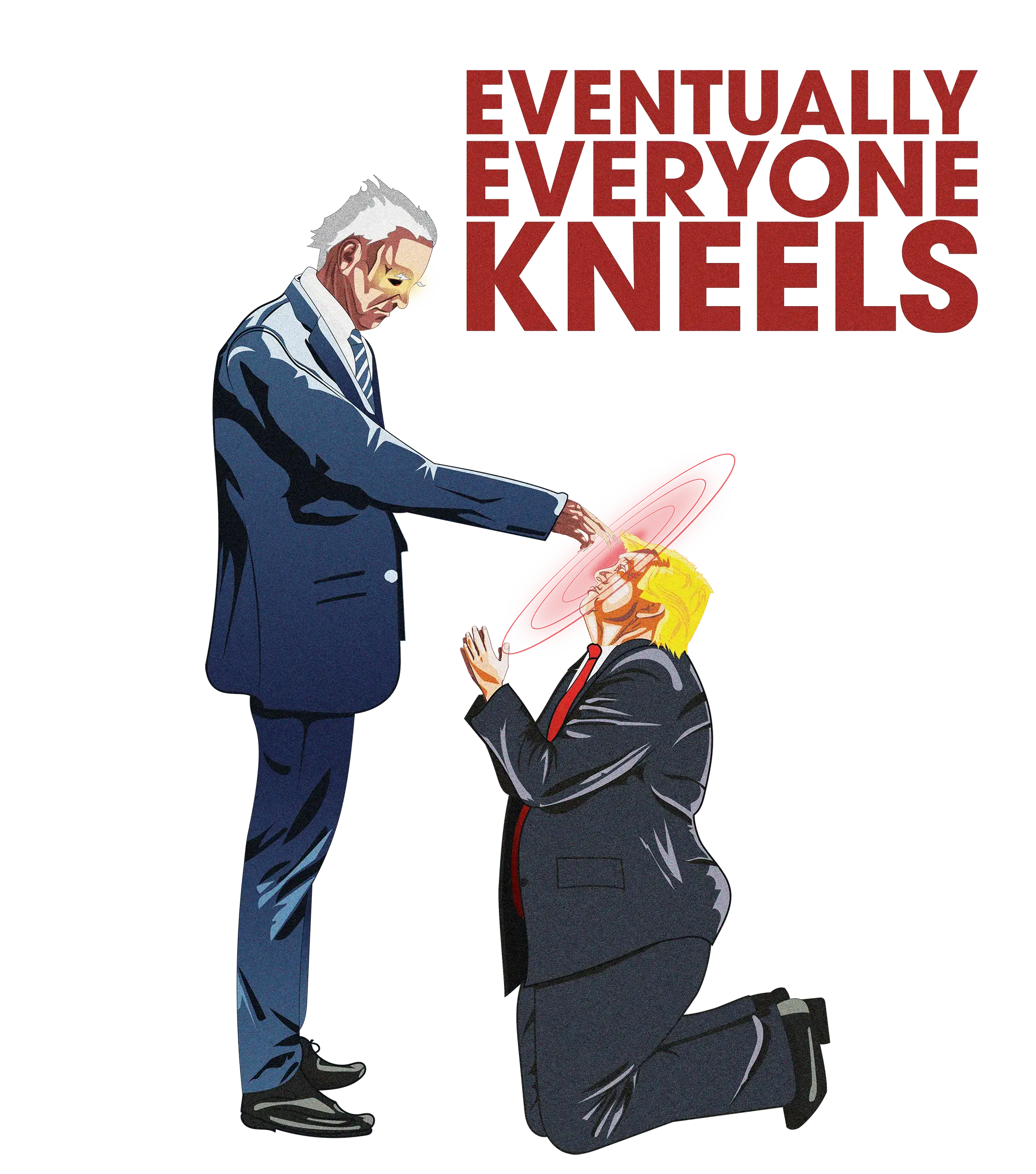

The problem is the abundance of assholes using selected parts of the Bible to manipulate others while conveniently ignoring other parts of the Bible that contradict them.
This has absolutely nothing to do with contradictions or lack thereof, though. You can just as easily cherry-pick something that has no contradictions.
That’s non-sequitur.







You’re assuming that the entire document has a single message, which is absolutely not a given. Simple hypothetical:
If the Bible said nothing more than these things:
And you were someone who was on board with the first two but not the third, it’d be cherry-picking to call yourself an adherent of the Bible while citing your belief/agreement in/with the first two while ignoring the third, even though none of the three things above contradict each other.